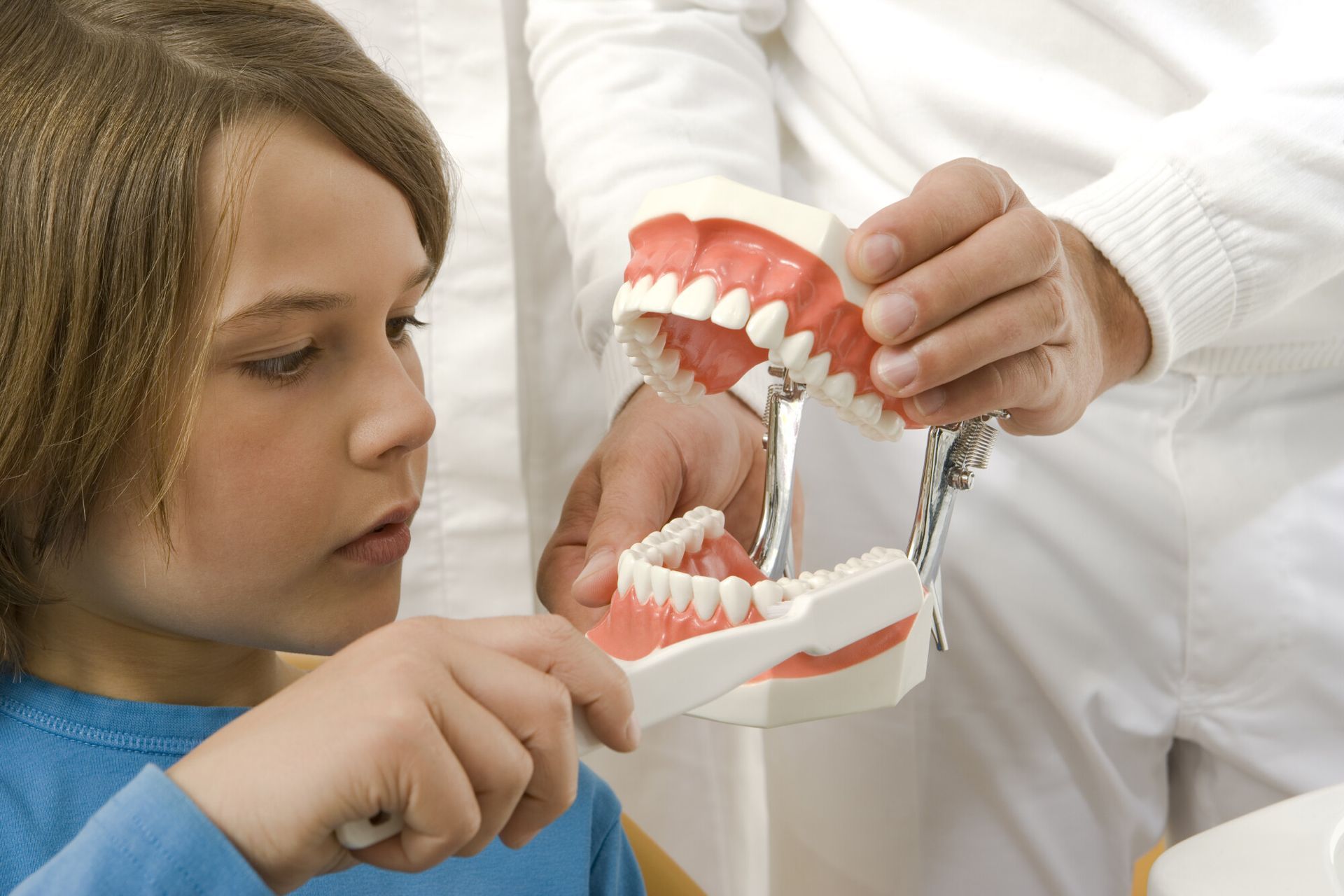What Is Lip Tie in Babies
Lip and tongue ties can be a hidden source of frustration for babies and parents, impacting feeding, comfort, and development. When the tissue (or frenum) between a baby's lip or tongue and the mouth is too restrictive, it can limit movement and create challenges in nursing, swallowing, and speech.
At South Jersey Pediatric Dental, we specialize in diagnosing and treating these common issues in infants and young children in Vineland, NJ. In this blog post, we will explain what lip and tongue ties are, common symptoms to watch for, and the simple, effective treatments available to help restore comfortable movement and support healthy growth for your child. Let us get started.
What Causes Lip Tongue Tie?
The frenum is a thin piece of tissue that connects areas of the mouth, such as the lip to the gums or the tongue to the floor of the mouth. In most cases, the frenum provides enough movement to allow comfortable feeding, speech, and other oral functions.
However, when this tissue is too tight, thick, or attached too far forward, it limits movement in the lip or tongue. This restriction is called a lip tie when it affects the lip or a tongue tie when it affects the tongue.
Lip ties are often present at birth and can be due to various factors, including genetics. They can impact a baby's ability to nurse or take a bottle comfortably, sometimes leading to difficulties that cause discomfort and stress for both the baby and parents.
Here at South Jersey Pediatric Dental, we focus on identifying these ties early, allowing us to help restore ease and comfort with simple treatments.
Signs and Symptoms of Lip Tie in Babies
Signs of a lip tie in babies can vary, but some are common and easy to spot. A significant symptom is difficulty nursing or bottle-feeding.
Babies with a lip tie may struggle to latch correctly, making feeding sessions challenging and often short. They might also seem fussy or frustrated during feedings due to the inability to get enough milk or form a comfortable seal.
Other symptoms include visible gaps between the top front teeth as they begin to come in, caused by the restricted frenum pulling the lip tightly. Children with untreated lip ties may prefer soft, easy-to-chew foods as they grow, avoiding anything that requires more oral movement. Over time, this can even lead to speech development and oral hygiene issues.
Being proactive in recognizing these signs early allows for timely intervention, making feeding and eating easier for babies and helping prevent future complications. This sense of responsibility can bring peace of mind to parents.
Treatment Options for Infant Tongue Tie
A frenectomy is a common and effective solution for treating a lip tie. This procedure involves surgical removal of the restrictive frenum, allowing for greater lip mobility.
South Jersey Pediatric Dental uses a laser for this procedure, which offers several advantages. The laser minimizes discomfort and bleeding, making the process quicker and more comfortable for your child.
Before the frenectomy, our team ensures that your child receives the appropriate numbing agent to maximize comfort during the procedure. The laser cuts the frenum and seals the area, typically eliminating the need for stitches. After the procedure, most children experience only mild swelling, which usually subsides within 24 hours.
Once healed, your child should find it easier to nurse, eat, and speak, allowing for a smoother developmental journey. Early treatment can significantly improve your child's quality of life and overall baby oral health.
Aftercare and Recovery Tips
After a frenectomy for lip tie, proper aftercare is essential for a smooth recovery. Initially, it is normal for your child to experience mild swelling in the treated area.
You can manage this by giving them a cold compress for short periods to help reduce swelling and provide comfort. As recommended by your pediatrician, over-the-counter pain relievers can also help ease any discomfort.
It is essential to monitor the area for any signs of infection, such as increased redness or discharge. Encourage your child to avoid strenuous activities for a day or two, allowing the area to heal without stress.
Please keep your child's mouth clean by gently wiping it with a soft, damp cloth. This will help prevent bacteria buildup. After the initial healing period, follow any specific instructions from our team regarding activities, feeding, and oral care.
Regular follow-up appointments at South Jersey Pediatric Dental are a key part of your child's recovery journey. They ensure that your child's recovery is on track and that they are adapting well after the procedure, providing you with reassurance and peace of mind.
When to Seek Help
As we have highlighted above, recognizing the signs of lip tie early is crucial for ensuring your child's health and comfort. If you notice any difficulties during feeding, such as persistent fussiness, an inability to latch properly, or short feeding sessions, this may indicate a lip tie.
Additionally, if your baby shows a preference for softer foods as it starts eating solids or has gaps between its front teeth, these can also be warning signs.
Parents should also be alert for speech issues as their child grows. If your child struggles with forming certain sounds or has unclear speech, it may be related to an untreated lip tie.
Observing these symptoms should prompt you to consult with your pediatrician or a dental professional. Early intervention can lead to quicker solutions and better outcomes for your child's oral health.
At South Jersey Pediatric Dental, we encourage parents to contact us with any concerns. Our team identifies and treats lip ties, ensuring your child can eat, speak, and thrive comfortably.
Protecting Baby Oral Health With Pediatric Dental Care
To sum up, understanding the impact of a lip tongue tie on your child's health is essential for their development and comfort. If you suspect your child may be experiencing difficulties related to lip tie, do not hesitate to reach out to us at South Jersey Pediatric Dental.
Our experienced team is dedicated to providing personalized care and effective treatment options. Early intervention, as we have seen, can lead to significant improvements in feeding, speech, and overall oral health. Schedule an appointment today to discuss any concerns and ensure your child has the best possible start.











